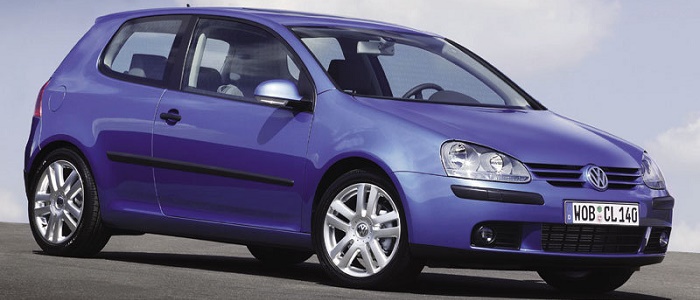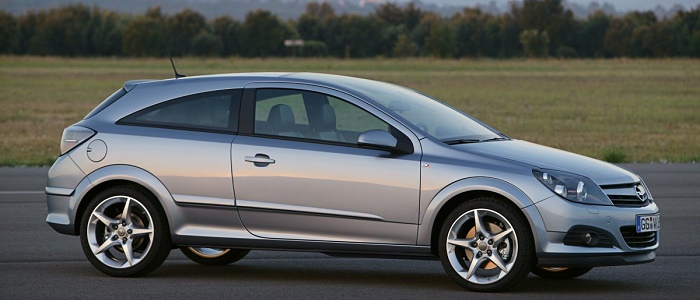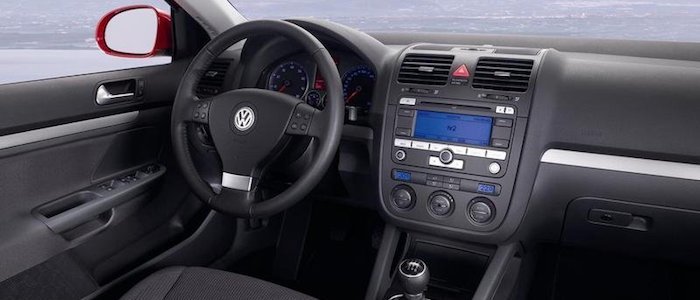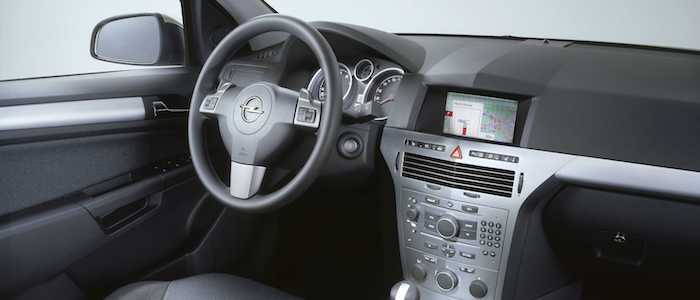Compare two cars
Compare any two cars and get our Virtual Adviser™ opinion
Dimensons & Outlines
Engine
1.4 Z14XEP
Performance (manual gearbox)
Performance (automatic gearbox)
Expenses
Virtual Adviser's™ opinion
Well, these are two pretty similar cars we have here! It's only details that could potentially make the difference. Considering they both belong to the small family car segment and utilize the same 3-door hatchback body style and the front wheel drive system, it all comes up to the specific petrol engine choice they offer. The first one has a Volkswagen-engineered powertrain under the hood, a 4-cylinder, 16-valves 90hp unit, while the other one gets its power and torque from a 4-cylinder, 16-valves 90hp engine designed by Opel.
SafetyThe first thing to look into here would be the results from European New Car Assessment Programme (Euro NCAP) tests performed on the two cars. Good thing is that both vehicles got tested, with the same number of safety stars gained in the process. That aside, let's consider some other aspects which affect safety. Both vehicles belong to the small family car segment, which is generally classifying them somewhere in the middle safety-wise, still it doesn't help us solve our dilemma, does it? Furthermore, taking kerb weight as an important factor into account, Golf offers a marginal difference of 3% more metal.
ReliabilityReliability is not the best thing to consider on the make level, but it is worth mentioning that both brands display similar results in faults and breakdowns, when all the models are taken into account. These are the results of an independent reasearch, while our visitors describe reliability of Volkswagen, as well as Opel, with the same average rating of 4.2 out of 5. Independent research findings rank Golf as average reliability-wise, and Astra is more or less at the same level.Above it all, drivers of cars with the same engine as Golf rank it on average as 4.0, while the one under the competitor's bonnet gets 4.1 out of 5.
Performance & Fuel economyVolkswagen is a bit more agile, reaching 100km/h in 0.7 seconds less than its competitor. Still, it lacks the power to win the top speed competition, topping at 174 kilometers per hour, 6km/h less than the other car. When it comes to fuel economy things look pretty much the same for both cars, averaging around 6.2 liters of fuel per 100 kilometers (46 mpg), in combined cycle.
Verdict
Opel appears just a bit more reliable, although the difference is truly marginal. The most important thing when deciding between any two vehicles should always be safety, both passive and active. In my opinion, everything taken into account, Golf offers slightly better overall protection and takes the lead. When it comes to performance, both vehicles provide similar experience, so I wouldn't point any of them out. Astra still consumps less fuel, which needs to be taken into consideration. It's really tough to make a final decision here, but if I'd need to, I'd say Opel. Nevertheless, let's not forget that people have different preferences and needs, so what really counts is your personal feel. I'm only here to help. In case you have two minutes to spare I invite you to define your needs, desires and budget and see which car would be chosen by the virtual adviser™, among thousands of similar, yet so different vehicles.
































